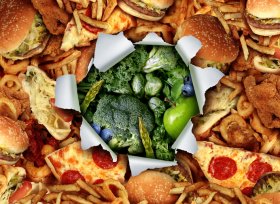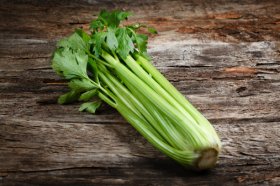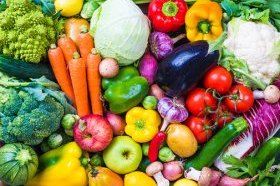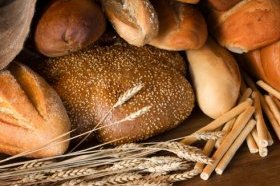
Real weight loss tips
 Skip anything with sugar. Forego all fats. Stop eating after 7 p.m. When it comes to weight loss tips, it seems like there are a million and one things you shouldn’t do.
Skip anything with sugar. Forego all fats. Stop eating after 7 p.m. When it comes to weight loss tips, it seems like there are a million and one things you shouldn’t do.
But what about the things you absolutely should be doing? That’s all you want, right? Some smart dieting essentials, based in science, that helped other people drop the pounds quickly, safely and for good.
Well, the wait is over. We caught up with Nutrisystem nutrition expert Deanna Otranto, MS, to find out the top, research-backed rules you should follow if you want to lose weight… and keep it off.
1. Drink plenty of water.
You’ve heard this one before. In fact, this advice is probably as old as the first diet plan that emerged. But it’s supported by science. In fact, a 2015 study published in the journal Obesity found that adults who drank water before meals lost almost three more pounds than another group who were told just to imagine having full stomachs The Birmingham researchers also pinpointed how much water to drink—500 milliliters. According to them, that is the amount that can really fill up your stomach, sending the “stop eating” message to your brain. Need help meeting your daily water goal? Check out this article on How to Drink More Water for some easy tips.
 2. Don’t call food “good” or “bad.”
2. Don’t call food “good” or “bad.”
When you think about food in black and white terms—potato chips “bad, ” iceberg lettuce “good, ” and so forth—you up the risk of crushing your diet motivation and regaining any weight you lost, says a study from Wageningen University in the Netherlands. If you’re an “all or nothing” thinker, you’re more likely to consider your diet efforts a failure and quit because you happened to binge on chips and salsa one Saturday while watching the game on TV.
Flexible eaters—those who understand that they’re going to have ups and downs—just write off one binge and promise themselves to make it all up by exercising a little more, showing more restraint next time or making sure to have plenty of healthier snacks on hand for game day. Much more positive.
How to Recover from Overeating While Dieting
The other problem with designating food as either good or bad is that you may be fooled by your own criteria. Based on a study that appeared in the December 2005 issue of the journal Food Quality and Preference, people with stereotypes about food may not take into account the true calorie counts or portion sizes of various food items. For example, a serving of “bad” potato chips, still contains far fewer calories than the average raisin bran muffin. Don’t believe us? Check out the USDA food database. Healthy, or not, calories count.
 3. Have veggies with every meal.
3. Have veggies with every meal.
Replacing high-calorie, low-fiber foods with low-calorie, high fiber foods like vegetables is key to losing weight, says the Centers for Disease Control and Prevention. For one thing, high-fiber foods can be so low in calories that second helpings might not make much of a difference. So, have more. It’s not going to break the calorie bank to have some extra salad with low-cal dressing or vegetable soup.
Even better, you’re going to feel fuller faster. All that fiber fills you up so you can actually stop eating when you’re no longer hungry! You won’t walk away from your meal wishing you could have more. Studies at Penn State University even uncovered another reason veggies help you eat less: Water. Vegetables are generally full of it and water can expand your stomach, making you think you’ve eaten more than you actually have. Need help working more veggies into your day? Check out this helpful article: Veg Out! 6 Sneaky Ways to Eat More Vegetables.
 4. Eat the rainbow.
4. Eat the rainbow.
We’re not talking Skittles here. Major health organizations, from the CDC to the American Heart Association, recommend eating a minimum of five servings of vegetables and fruits a day and to make them as colorful as possible. That’s because the pigments in fruits and vegetables correspond to plant chemicals that have been shown in studies to prevent disease.
Blueberries, for example, contain blue anthocyanins (cyan is another word for blue) that may help prevent heart disease, cancer and memory loss. The chemicals that make broccoli, kale, lettuce and spinach green have anticancer properties. But when you’re dieting, eating the rainbow can help you not only get more filling fiber (and water), but can help you beat diet boredom. If you’re not used to eating loads of veggies, you’re going to have to be more mindful about including them in your diet and learning ways to cook them. This can help you beat “mindless eating, ” a contributing factor to weight gain, according to the studies of Brian Wansink at the Cornell University Food and Brand Lab. Check out the 5 Colors that Should Always Be on Your Plate.


















